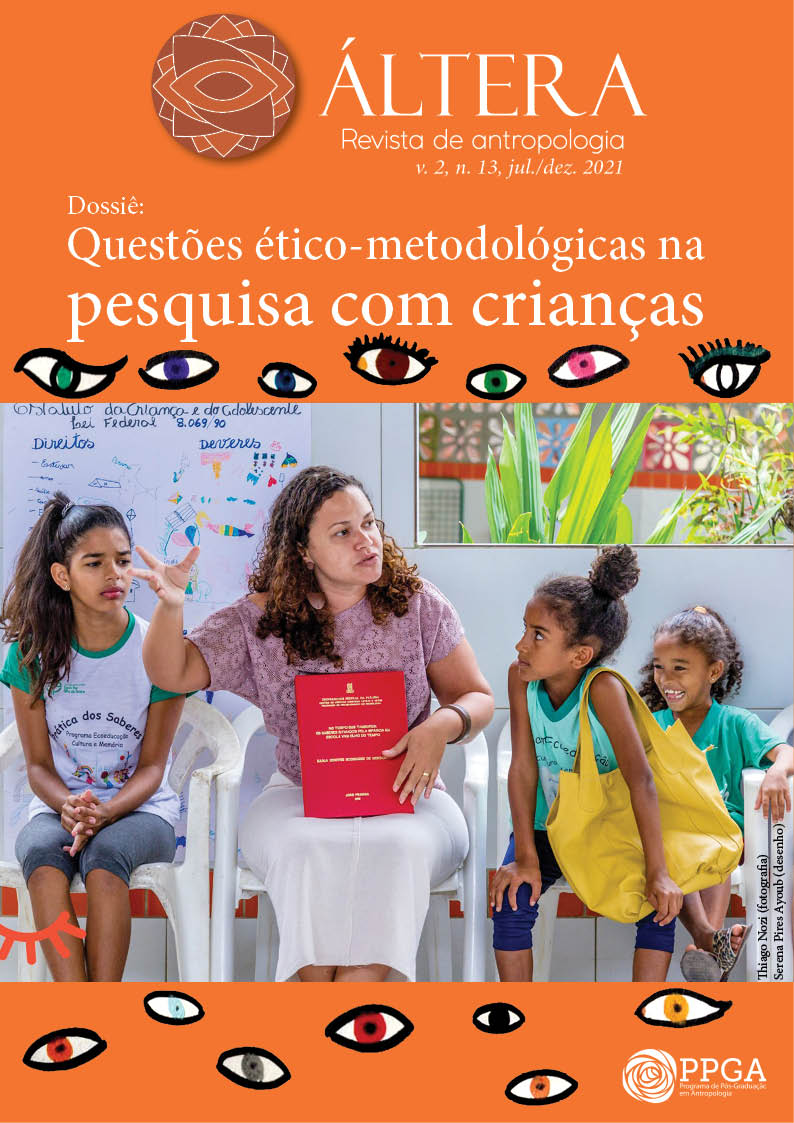Traçando rotas de descaso a partir das experiências de adoecimento de mulheres com Doença Falciforme em João Pessoa/PB
Abstract
The focus of this article is to reflect on the sickness experience of women with sickle cell disease (DF) in the local context of the great João Pessoa/PB. That is, seeking to expand the discussion on this theme, generally focused on reproduction and motherhood, thus bringing data about other aspects of these women's lives, such as sociability, work and institutional discrimination suffered in the hospital. To this end, a socio-anthropological and qualitative research was carried out. We used in-depth interviews with two women from Paraíba with DF. Thus, we understand that there are two orders of implications caused by the disease: one involving the physical-organic dimension, related to the learning of the disease and self-care and the other, of a social nature, related to the personal and social implications in their life experience. The main challenge of the physical dimension is to survive the aggravations of the disease and the lack of adequate health care in emergency health services. While the biggest obstacle in the social dimension is the lack of knowledge about the disease by health professionals and institutional discrimination, which we assume to be motivated by issues of race and class. Therefore, the subjects of this research make it clear in their narratives that sickle cell disease is serious, neglected by the Brazilian State and invisible to society. At the end of the day, this work proposes to reflect on the sickness experiences of women with sickle cell disease, as well as on the implications of having this disease in the state of Paraíba. The clues given by the subjects of this research point to the difficulty in asserting their social right to health and, ultimately, to life.
Downloads
Downloads
Published
Issue
Section
License
- Autores mantém os direitos autorais e concedem à revista o direito de primeira publicação, com o trabalho simultaneamente licenciado sob a Licença Creative Commons Attribution que permite o compartilhamento do trabalho com reconhecimento da autoria e publicação inicial nesta revista.
- Autores têm autorização para assumir contratos adicionais separadamente, para distribuição não-exclusiva da versão do trabalho publicada nesta revista (ex.: publicar em repositório institucional ou como capítulo de livro), com reconhecimento de autoria e publicação inicial nesta revista.
- Autores têm permissão e são estimulados a publicar e distribuir seu trabalho online (ex.: em repositórios institucionais ou na sua página pessoal) a qualquer ponto antes ou durante o processo editorial, já que isso pode gerar alterações produtivas, bem como aumentar o impacto e a citação do trabalho publicado (Veja O Efeito do Acesso Livre).



